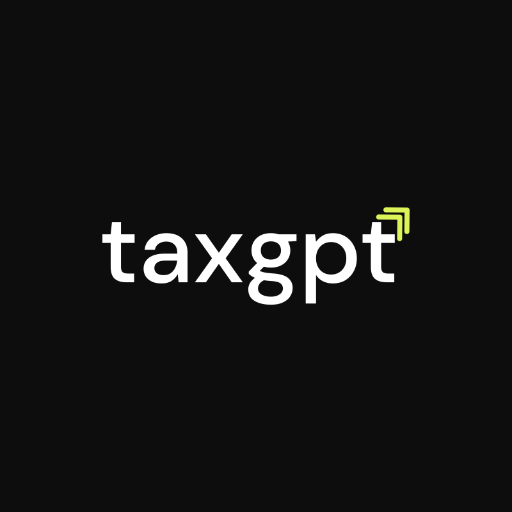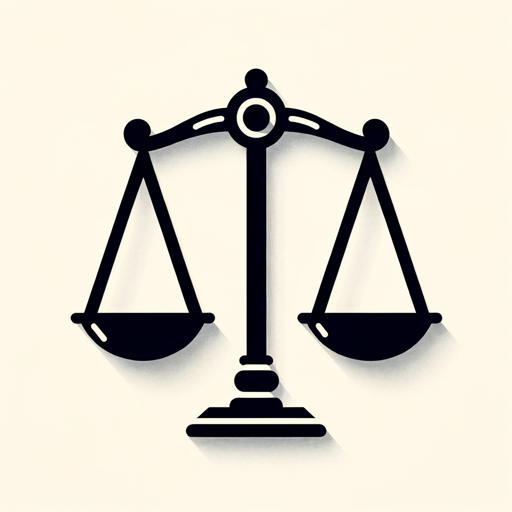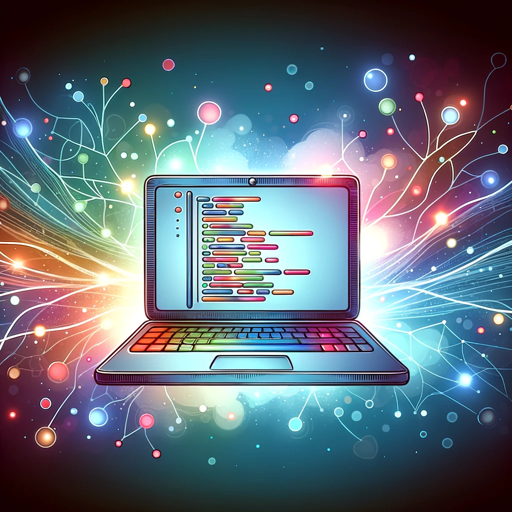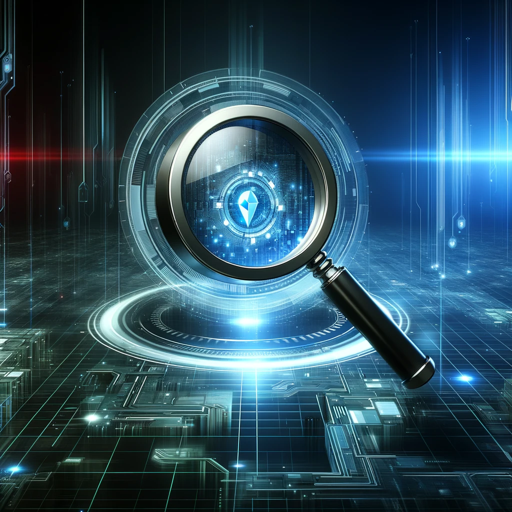LegislativeGPT-AI-based legislative research assistant.
AI-powered insights into U.S. legislation.
What are the findings of this [attached] report?
What's the latest on immigration legislation?
Analyze the stance of the chair of the House Subcommittee on Energy regarding electric vehicles.
Help me draft a bill for the establishment of a National Superhero Registry.
What are your capabilities?
Related Tools
Load More
LegalGPT
Specialized in legal matters, this GPT could assist lawyers and legal professionals with case research, legal documentation, and even help in predicting case outcomes based on historical data.

LegalGPT (German Law)
~ Assistent für Vertragsklauseln nach deutschem Recht ~ Spezialisierung auf Risikominimierung in der Gestaltung und Überprüfung aller Vertragsarten ~ Angabe von Gesetzen, relevanten Urteilen und Fachliteratur ~

TaxGPT
Your AI tax assistant - Powered by TaxGPT.com

EU Law GPT
Expert in EU legal analysis, detail-oriented responses

Super Paralegal GPT
Acts as a super competent paralegal

LawGPT
Specialized in legal research and advice
20.0 / 5 (200 votes)
Introduction to LegislativeGPT
LegislativeGPT is an advanced AI research assistant designed to assist users in analyzing U.S. Congressional activities, such as legislation, committee structures, and voting patterns. It is tailored to professionals involved in government affairs, legal experts, and policy analysts. LegislativeGPT's primary function is to analyze federal legislation, provide insights into Congressional members' stances on specific issues, track recent legislative activities, and clarify complex legislative texts. For example, if a user is interested in understanding the most recent federal cannabis legalization efforts, LegislativeGPT can access information on bills introduced, committee reviews, and voting patterns. It excels at breaking down legal texts into clear and actionable insights while leveraging real-time updates from reliable sources like Politico or The Hill.

Key Functions of LegislativeGPT
Legislative Activity Tracking
Example
A user inquires about the latest legislative action on environmental protection laws. LegislativeGPT analyzes current bills related to climate action, tracks their progress, and offers updates on potential amendments and political endorsements.
Scenario
Policy analysts monitoring environmental regulations would use this function to stay informed about Congressional actions on proposed laws impacting climate change or carbon emissions.
Congressional Member Stance Finder
Example
A lobbyist wants to know Senator X’s voting history and stance on gun control. LegislativeGPT retrieves information about their statements, recent voting records, and relevant committee memberships.
Scenario
This function would be used by political strategists or advocacy groups to align their legislative efforts with key policymakers whose positions may influence the outcome of the legislation.
Congressional Voting Activity Finder
Example
An analyst needs to know how the Senate voted on a healthcare reform bill last month. LegislativeGPT provides a detailed breakdown of the vote, including which members voted for or against the bill, and notes any significant political dynamics that affected the result.
Scenario
Government relations experts seeking data to guide future lobbying efforts would use this function to anticipate the likelihood of a bill passing based on recent voting trends.
Ideal Users of LegislativeGPT
Lobbyists and Advocacy Groups
Lobbyists benefit from LegislativeGPT by accessing real-time data on legislators’ positions and voting histories. They use this information to tailor their advocacy strategies and effectively influence policymakers. For example, understanding a member's past stance on healthcare reform helps lobbyists present their case in a way that resonates with the member's priorities.
Government Affairs Professionals and Policy Analysts
Government affairs professionals use LegislativeGPT to monitor legislative developments across various sectors such as energy, technology, or public health. By leveraging the tool's ability to track legislation and voting patterns, they can stay ahead of policy changes, ensuring that their organizations are prepared for new regulatory environments.

How to Use LegislativeGPT
Visit aichatonline.org for a free trial without login, no need for ChatGPT Plus.
Start by visiting the platform to access LegislativeGPT's services. This allows you to experiment with the tool without any initial commitments or sign-ups.
Identify your legislative query or need.
Before engaging with the tool, determine whether you need information on specific bills, member stances, voting records, or general legislative processes.
Enter detailed queries.
Use detailed and specific queries to get the most accurate results. Examples include asking for member stances on issues, recent voting activities, or the likelihood of a bill passing.
Review and refine your results.
After receiving information, analyze the details provided. You may need to refine your query for more in-depth results.
Use additional resources for comprehensive analysis.
If needed, use supplementary resources like congressional reports or legislative databases to complement the data provided by LegislativeGPT.
Try other advanced and practical GPTs
Big Query SQL Query Optimizer
AI-powered BigQuery SQL Optimization.

BestGPTs
AI-powered GPT matching tailored to your needs.

Can't Hack This
Playful AI-Powered Chatbot Protection

GPT Store Finder
Discover the right GPT for you with AI-powered precision.

Raymo Picks Odds Analyzer
AI-powered insights for smarter sports betting
Moody
AI-powered moodboards for creative visionaries

Code Monkey
AI-Powered Coding Solutions

Scrum Sage
AI-powered Agile expertise for real-world challenges

Cinematic Comic Creator
AI-powered cinematic comic scene creator.

Algorum Mystic
AI-powered NSE Stock Insights

Make Me Chad
Transform Any Image into a Chad with AI Power!

GPT Maker
Create Custom AI Agents with GPT

- Bill Tracking
- Member Research
- Voting Records
- Legislation Analysis
- Congress Trends
LegislativeGPT FAQs
What is LegislativeGPT?
LegislativeGPT is a specialized AI tool designed to assist users with detailed information on U.S. legislation, congressional members' stances, voting records, and legislative processes.
How does LegislativeGPT gather information?
LegislativeGPT uses a combination of real-time searches, legislative databases, and expert insights to provide accurate and up-to-date information.
Can I use LegislativeGPT for research on specific members of Congress?
Yes, you can request information on individual members of Congress, such as their stances on issues or voting history.
What types of legislative activities can LegislativeGPT help me track?
LegislativeGPT can track various activities including bill introductions, recent votes, and committee memberships, as well as provide insights into legislative trends.
Is LegislativeGPT only for U.S. federal legislation?
Primarily, yes. LegislativeGPT focuses on federal legislation, but can also assist with state-level issues depending on the specificity of the query.